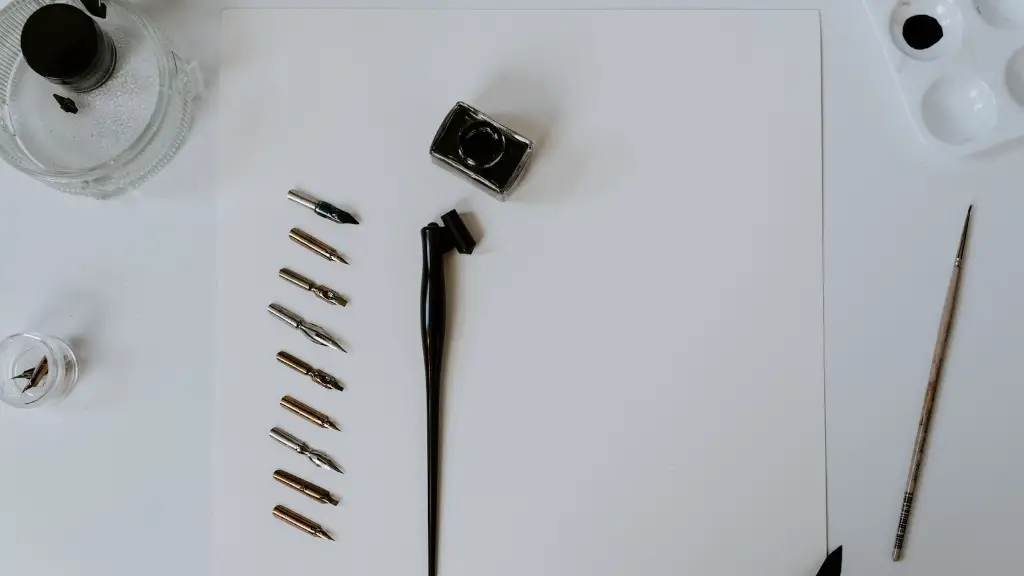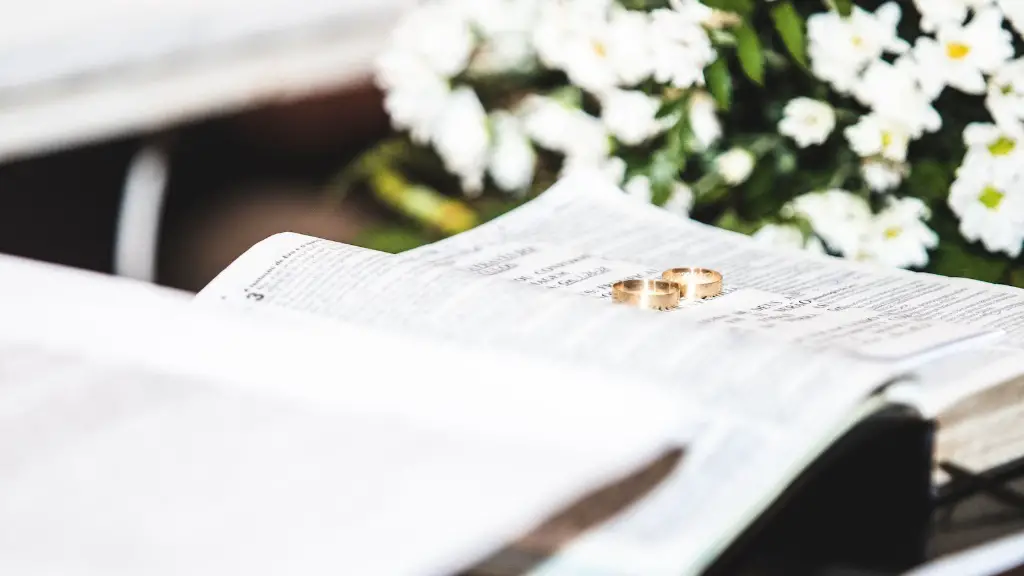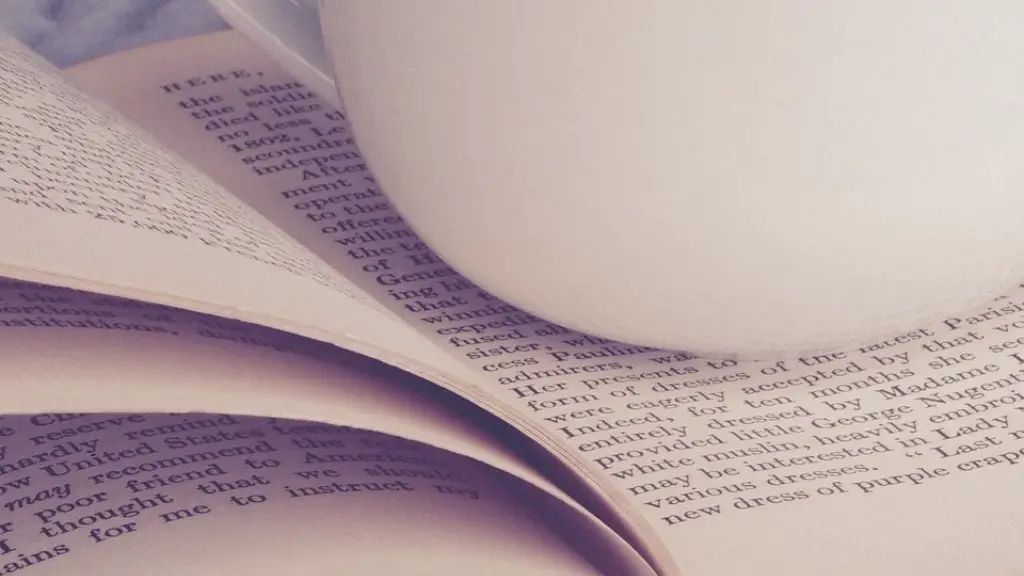Understanding the Blurb
Writing a blurb for a poetry book can be daunting as crafting an effective one takes a lot of time, thought, and skill. It is important to understand why you need a blurb in the first place. A blurb provides a small snapshot of what readers can expect from the book, often along with the poet’s background and inspiration behind their works. For the poetry book in your hands, a blurb is the one-page synopsis of the book, whether you’re writing one for another reader or just for yourself. It is a summary of what is inside the book, drawn from its contents as well as from the inspiration and ideas behind it.
Research and Writing Style
A blurb should be concise and comprehensive, taking readers on an emotional journey through the book’s contents, themes, and motivations. Before beginning to write a blurb, do some research into the book’s content, the poet’s background, and the public’s reaction to their previous works. Knowing what the book contains and what the public thinks of their work can help you write an effective blurb. The writing style should also be creative, evocative, and inspiring, drawing readers into the world of the book’s contents without giving away too much information.
Structure and Language
When writing a blurb, it is important to consider the structure and language. While brevity is key when writing a blurb, the sentences should flow logically and tell a story from beginning to end. To create a good flow, use a selection of different language techniques, such as vivid imagery and metaphors, to create a compelling narrative. The blurb should also be easily understood and should not be too complex.
Creating Emotional Connectivity
Creating an emotional connection with the reader is another important aspect of writing a blurb for a poetry book. Emotional triggers should be used to ensure that the reader is drawn in and remains engaged throughout the blurb. When crafting a blurb, use sensory words, imagery, and storytelling to create a connection between the book’s content and the reader. Furthermore, use the active voice to keep the reader engaged and interested.
Achieving Flow and Contrast
Achieving flow and contrast within the blurb is important when writing a blurb for a poetry book. Flow is the ability of the reader to move seamlessly from one thought or idea to the next. Contrast adds contrast and tension, as well as providing a different perspective on the book’s content. A blurb should be written in such a way that readers are able tovisualize the themes, ideas, and emotions that are conveyed in the book.
Adding Information
Including background information and data is an effective way to write an effective blurb for a poetry book. Background information and data should be added to provide context, show the public’s response to the poet’s work, and to shed light on the inspirations behind the book’s contents. Furthermore, be sure to include insightful comments from experts on the book’s contents.
Getting an Outsider’s Perspective
Another helpful tip when writing a blurb for a poetry book is to get an outsider’s perspective on the project. Ask a trusted friend or family member to read the book and provide feedback on the blurb you have written. This is a great way to get a sense of how the book is being perceived outside of your own thoughts and opinions and can help to improve the blurb.
Using Promotion
Once the blurb has been written, the next step is to promote the book. Promotion is essential for getting the book in front of potential readers and is a key part of the blurb-writing process. Promotional materials such as book trailers, posters, bookmarks, and websites can be used to attract readers and help them become familiar with the book.
Networking and Book Reviews
Networking and book reviews are also important when it comes to promoting a poetry book. Networking with other poets, writers, and publishers can help to get the book in front of the right people and create opportunities to have it featured in magazines and newspapers. Additionally, book reviews can help to create word-of-mouth advertising, providing readers with an honest opinion of the book and potentially drawing more interest in its contents.
Consulting an Expert
Finally, it is important to consider consulting a professional expert in the field of poetry and book promotion when writing a blurb. A professional expert can provide valuable advice on how to structure the blurb, the kind of promotional materials to use, and how to market the book effectively. Having access to such an expert can greatly improve the success of the blurb and book.


